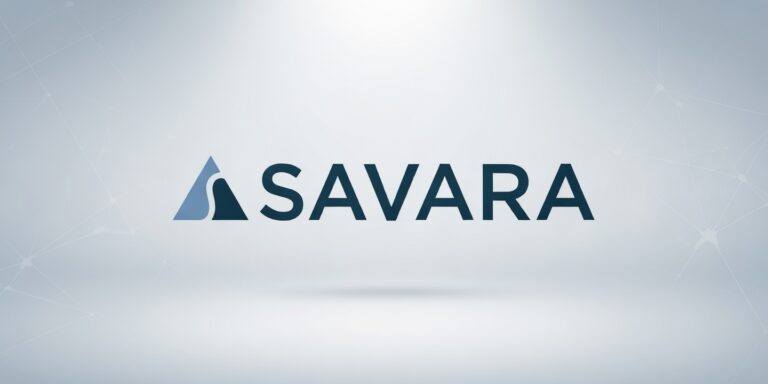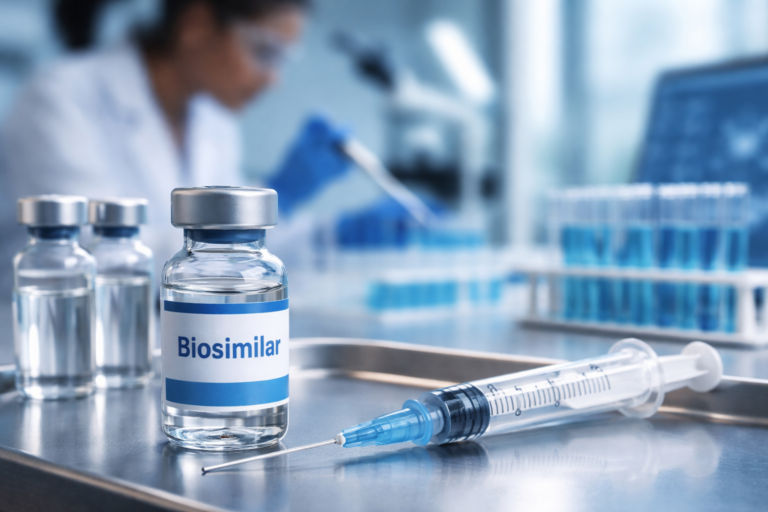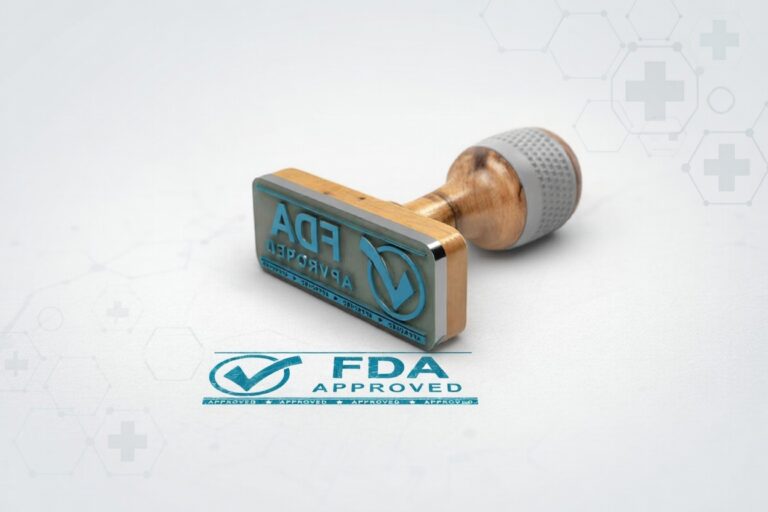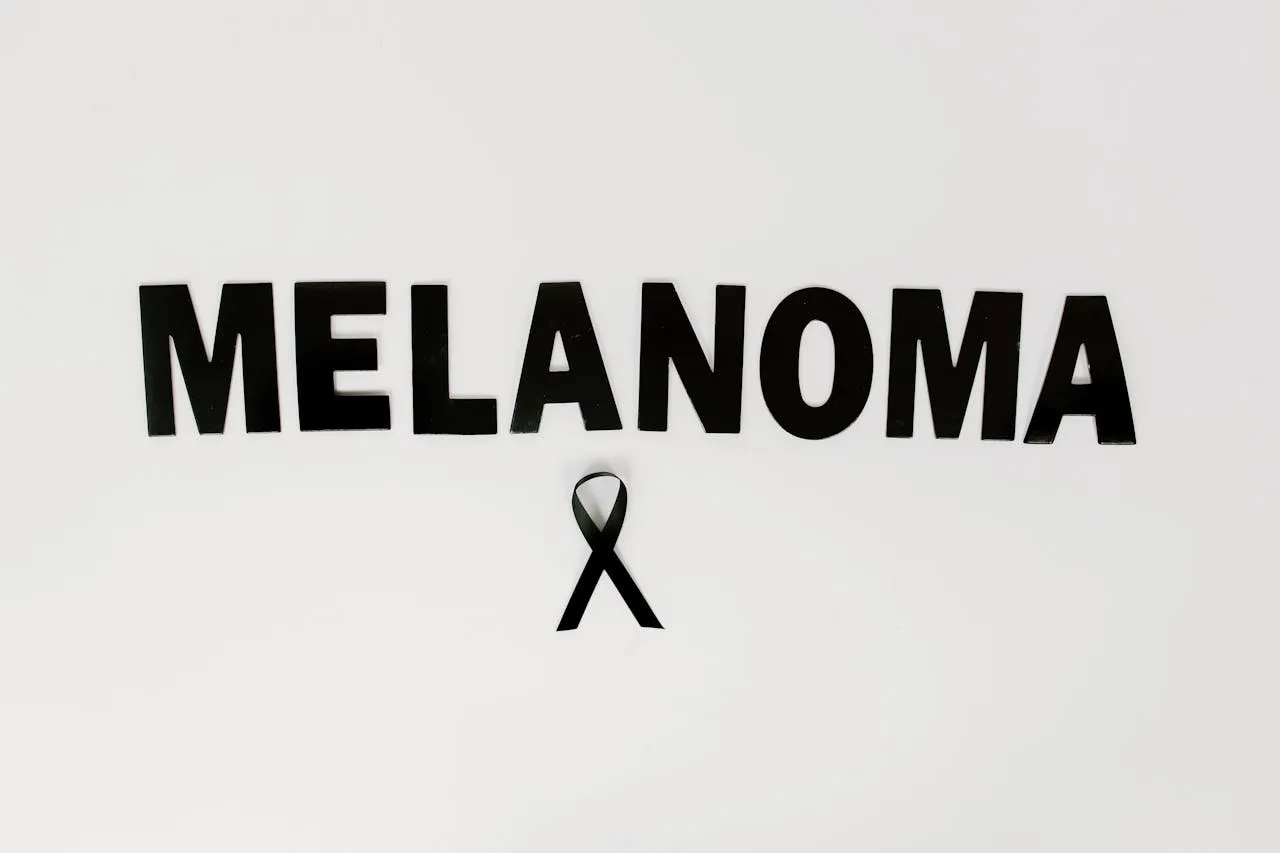
Aulos Bioscience Begins Phase 2 Dosing of AU-007 and Nivolumab Combo for Melanoma
Immuno-oncology innovator Aulos Bioscience has initiated dosing in a new cohort of its ongoing Phase 1/2 clinical trial, marking a significant step forward in the development of its novel therapeutic antibody AU-007. The expansion cohort focuses on second-line treatment of melanoma, combining AU-007 with the anti-PD-1 checkpoint inhibitor nivolumab and low-dose, subcutaneous aldesleukin, a formulation of interleukin-2 (IL-2).
Aulos™ Bioscience, a clinical-stage biotechnology company leveraging immune-activating antibody therapeutics to redefine cancer treatment, announced a key milestone in its clinical development program with the initiation of patient dosing in a newly established Phase 2 expansion cohort. This cohort is designed to evaluate AU-007 in combination with nivolumab and low-dose, subcutaneous aldesleukin for patients with advanced melanoma who have not responded to initial treatment regimens.
The latest cohort builds upon promising data previously reported from the company’s Phase 1/2 clinical study of AU-007. This trial is currently assessing the safety, tolerability, and efficacy of AU-007 in patients with unresectable locally advanced or metastatic solid tumors. The addition of nivolumab to the existing AU-007 and IL-2 regimen represents a strategic enhancement to the combination approach, as Aulos explores the synergistic potential of its novel antibody with widely used checkpoint inhibitors.
Building on Encouraging Early-Stage Results
In November 2024, Aulos presented early Phase 2 findings at the 39th Annual Meeting of the Society for Immunotherapy of Cancer (SITC), demonstrating that AU-007 in combination with low-dose, subcutaneous aldesleukin exhibited clinical activity in patients with melanoma. Importantly, the data revealed the potential for durable objective responses, underscoring the therapeutic promise of AU-007 as a component of combination immunotherapy strategies.
Encouraged by these results, Aulos is now advancing the clinical evaluation of AU-007 in combination with nivolumab—one of the most established anti-PD-1 agents in oncology. The objective of this expanded Phase 2 cohort is to determine whether the addition of checkpoint inhibition to the AU-007/IL-2 regimen can further amplify immune-mediated anti-tumor effects in the melanoma setting.
“We are excited that the first patient is receiving treatment in this new Phase 2 cohort evaluating AU-007 in combination with nivolumab,” stated Aron Knickerbocker, President and Chief Executive Officer of Aulos Bioscience. “Given its unique mechanism of action and the positive data presented to date on AU-007 and low-dose, subcutaneous aldesleukin, we believe that AU-007 holds real promise as a novel immuno-oncology treatment in combination with checkpoint inhibitors in multiple cancer types.”
Knickerbocker emphasized that the company’s clinical development strategy remains focused on maximizing the therapeutic utility of AU-007 across several tumor types. In addition to melanoma, Aulos is actively investigating the antibody’s potential in non-small cell lung cancer (NSCLC), where a separate Phase 2 cohort combining AU-007 with the anti-PD-L1 antibody avelumab was initiated in November 2024.
AU-007: A First-in-Class AI-Engineered Antibody
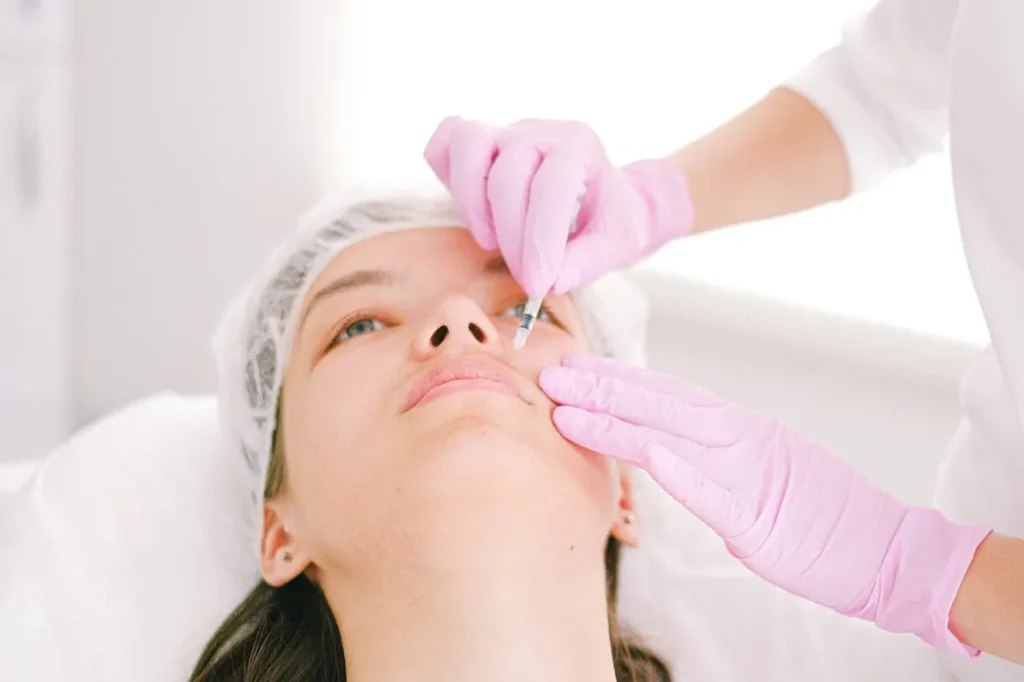
AU-007 is a human monoclonal antibody with a groundbreaking design—being the first therapeutic antibody developed with the assistance of artificial intelligence to reach human clinical trials. The antibody was engineered to modulate the activity of interleukin-2 (IL-2), a powerful cytokine known for its ability to stimulate immune cell proliferation and function, but one that has historically been limited by its toxicity and preferential expansion of immunosuppressive cells.
Traditional high-dose IL-2 therapy is associated with serious adverse effects, including vascular leak syndrome and activation of regulatory T cells (Tregs), which can dampen anti-tumor immunity. AU-007 offers a refined approach. It selectively binds to the IL-2 molecule at the epitope responsible for interacting with CD25—the alpha subunit of the high-affinity IL-2 receptor, which is predominantly expressed on Tregs and endothelial cells.
By blocking IL-2’s interaction with CD25, AU-007 prevents IL-2 from engaging the high-affinity IL-2 receptor complex, thereby minimizing the activation of Tregs and the potential for vascular or pulmonary toxicity. Instead, IL-2 is redirected toward medium-affinity IL-2 receptors composed of IL-2Rβ and γc, which are found on cytotoxic effector T cells (Teffs) and natural killer (NK) cells. These immune cells play a pivotal role in identifying and destroying tumor cells, and their selective expansion is central to the therapeutic intent of AU-007.
The result is a rationally designed immunotherapy that unlocks the anti-cancer potential of IL-2 while sidestepping many of its historical drawbacks.
Data Milestones and Clinical Momentum
The recent dosing of the first patient in the AU-007 + nivolumab + low-dose IL-2 cohort represents more than a procedural update—it is a reflection of Aulos’ confidence in its mechanistic rationale and early efficacy data. The company anticipates presenting preliminary results from this cohort in the second half of 2025, offering further insights into how this triplet combination performs in patients who have exhausted first-line melanoma treatments.
In addition to the forthcoming data from the AU-007 + nivolumab cohort, Aulos is preparing to share new results from another Phase 2 study evaluating AU-007 and low-dose subcutaneous aldesleukin as a second-line therapy in melanoma—this time without the addition of a checkpoint inhibitor. These data are expected to be presented later this month at the American Association for Cancer Research (AACR) Annual Meeting, a premier venue for showcasing advancements in cancer research.
The AACR presentation will be closely watched, as it may help clarify the distinct and additive contributions of AU-007 and IL-2 to immune system modulation in the absence of PD-1 blockade. This, in turn, will inform future study designs and combination strategies.
Strategic Vision for AU-007 and Broader Implications
Aulos Bioscience’s development of AU-007 is emblematic of a new wave of immunotherapies engineered with precision tools such as artificial intelligence and structural biology. By modifying immune interactions at a molecular level, AU-007 represents a tailored approach to cytokine therapy—one that may unlock the full potential of IL-2 as a cancer immunotherapeutic.
The decision to explore AU-007 in multiple combination settings reflects the company’s strategic ambition to position the antibody as a backbone therapy in oncology. Whether paired with anti-PD-1 (nivolumab), anti-PD-L1 (avelumab), or potentially other immunomodulators in the future, AU-007 has the potential to become a key enabler of durable anti-tumor responses across a variety of indications.
As the immuno-oncology field continues to evolve beyond traditional checkpoint inhibition, therapies like AU-007—capable of reshaping immune cell recruitment and activation—could play a central role in next-generation treatment paradigms.
With multiple clinical cohorts now active, a growing body of safety and efficacy data, and significant scientific interest, Aulos is poised to advance AU-007 toward later-stage clinical trials. For patients with advanced cancers, particularly those who have relapsed after initial therapies, AU-007 may represent a new therapeutic lifeline rooted in precise immune modulation.



